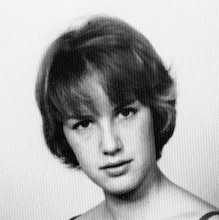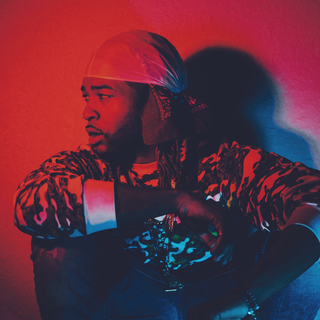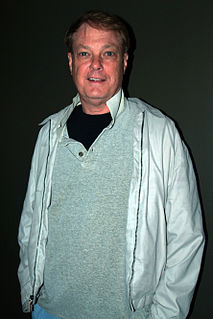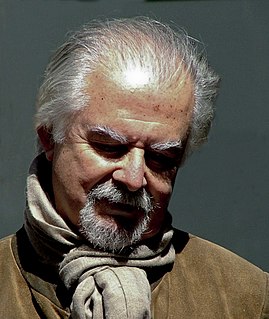A Quote by Ai Weiwei
It became like a symbolic thing, to be “an artist.” After Duchamp, I realized that being an artist is more about a lifestyle and attitude than producing some product.
Related Quotes
One of the major changes in attitude that occurred in the world of art as we moved from the nineteenth into the twentieth century was that the twentieth century artist became more involved with personal expression than with celebrating exclusively the values of the society or the church. Along with this change came a broader acceptance of the belief that the artist can invent a reality that is more meaningful than the one that is literally given to the eye. I subscribe enthusiastically to this.
Unlike the photography and prints, I never catalogued, kept track of or exhibited the sketches. I sold some occasionally, but never saw myself as a graphic artist. They became more important to me thanks to the exhibition, however, and I realized that these drawings were quite interesting after all.
I am an artist, and I understand the pros and cons of being an artist, and the pressures of being an artist, and how much being an artist can be torture to people around you; you know, you friends and your family and how material you can be, and how it's hard to take criticism and all the things like that.
The thing about being on the majors, from the beginning, going into this, I was like, "I'm not going to be treated like a factory," because that's never the way it was done before. You're talking about a major label, we're talking about serious business; you're not an artist anymore, you're a business, you have to work in terms of product, you have to release a product, and I don't really think that way at all.
Just let the artist sign an empty canvas or a frame, with the inscription, 'I had such and such a concept in mind' for this work. The artist then need not bother with producing the work, and therefore need not be worried about being dis-satisfied. All he or she needs to do is to sell it to a collector. The collector will have the guarantee that the artist thought about the work, even if momentarily, and therefore be satisfied.
Why was the painting made? What ideas of the artist can we sense? Can the personality and sensitivity of the artist be felt when studying the work? What is the artist telling us about his or her feelings about the subject? What response do I get from the message of the artist? Do I know the artist better because of the painting?





































